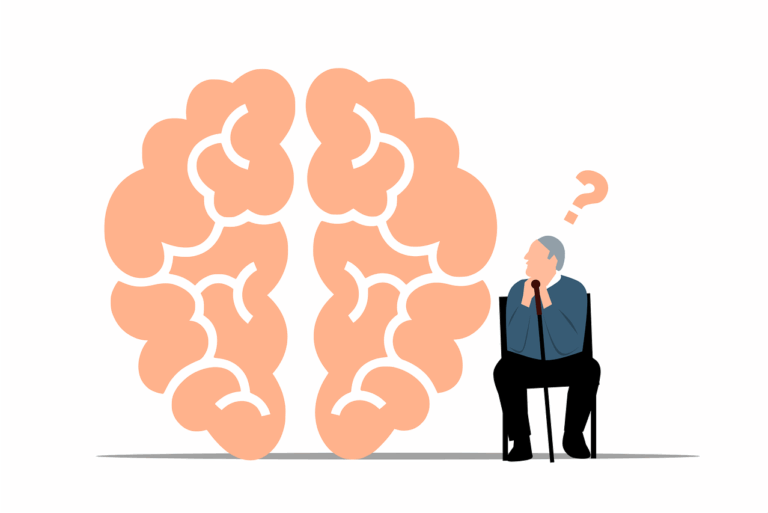RESEARCH ARTICLE:
Researchers find that niacin, used as FDA-approved Niaspan, reduces Alzheimer’s amyloid plaques and improves cognition. Learn more.
Indiana University School of Medicine researchers have found that niacin limits Alzheimer’s disease progression when used in models in the lab, a discovery that could potentially pave the way toward therapeutic approaches to the disease.
The study, recently published in Science Translational Medicine, investigates how niacin modulates microglia response to amyloid plaques in an Alzheimer’s disease animal model. Foods that have niacin — also known as Vitamin B3 — include tuna, salmon, avocado and brazil nuts, among many others.
Potential new therapy
Gary Landreth, PhD, Martin Professor of Alzheimer’s Research, and Miguel Moutinho, PhD, postdoctoral fellow in Anatomy, Cell Biology and Physiology, led the study.
“This study identifies a potential novel therapeutic target for Alzheimer’s disease, which can be modulated by FDA-approved drugs,” Moutinho said. “The translational potential of this strategy to clinical use is high.”
Niacin, which sustains metabolism throughout the body, is mainly obtained through a typical diet; it also can be taken in supplements and cholesterol-lowering drugs. The brain, however, Moutinho found, uses niacin in a different manner.
Niacin fights amyloid placques
In the brain, niacin interacts with a highly-selective receptor, HCAR2, present in immune cells physically associated with amyloid plaques.
When niacin — used in this project as the FDA-approved Niaspan drug — activates the receptor, it stimulates beneficial actions from these immune cells, Landreth said.
“After the Alzheimer’s disease animal models received niacin, they ended up with fewer plaques and they have improved cognition,” Landreth said, “and we directly showed that these actions were due to the HCAR2 receptor.”
Higher niacin, lower Alzheimer’s risk
Past epidemiology studies of niacin and Alzheimer’s disease showed that people who had higher levels of niacin in their diet had diminished risk of the disease, Landreth said.
Niacin is also currently being used in clinical trials in Parkinson’s disease and glioblastoma.
To further their research into niacin and the brain, Landreth and Moutinho are collaborating with Jared Brosch, MD, associate professor of clinical neurology, who is applying for a clinical pilot trial to study the affects of niacin and the human brain.
SOURCE:
REFERENCE:
- Miguel Moutinho, Shweta S. Puntambekar, Andy P. Tsai, Israel Coronel, Peter B. Lin, Brad T. Casali, Pablo Martinez, Adrian L. Oblak, Cristian A. Lasagna-Reeves, Bruce T. Lamb, Gary E. Landreth. The niacin receptor HCAR2 modulates microglial response and limits disease progression in a mouse model of Alzheimer’s disease. Science Translational Medicine, 2022; 14 (637) DOI: 10.1126/scitranslmed.abl7634











